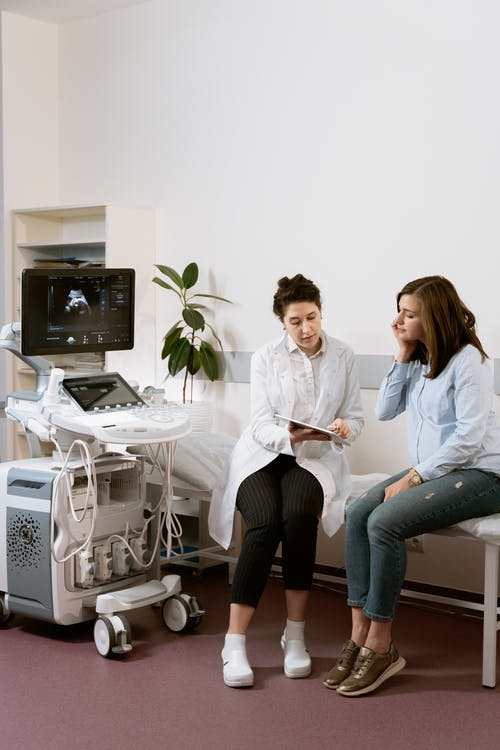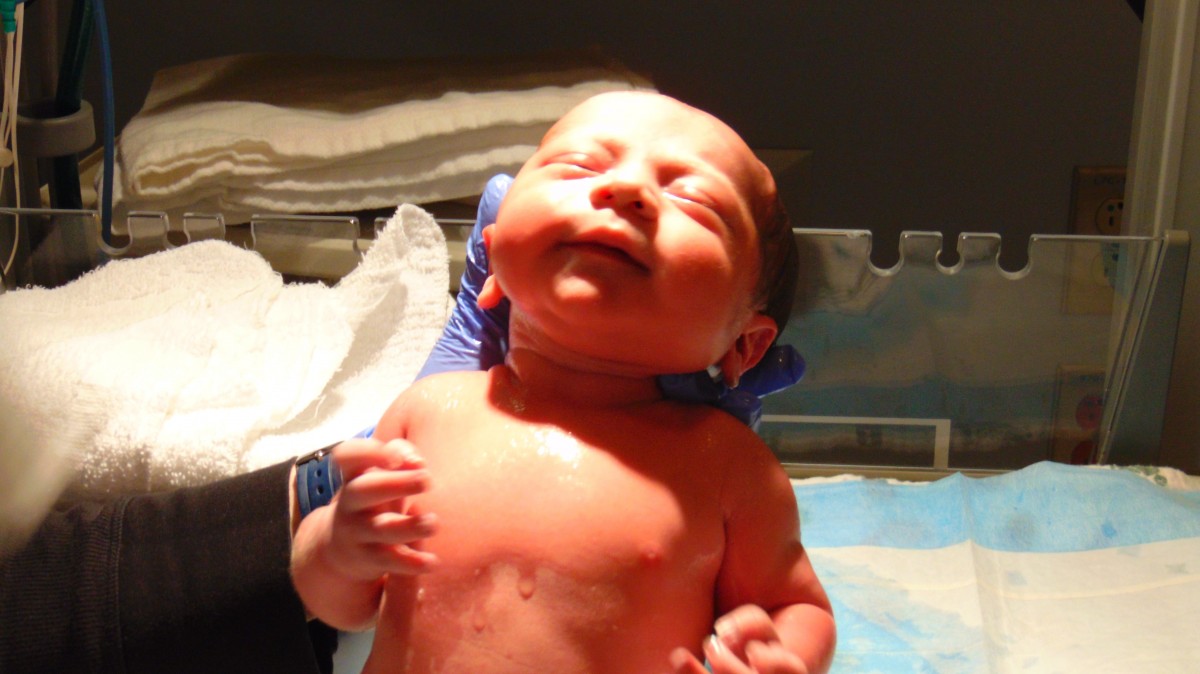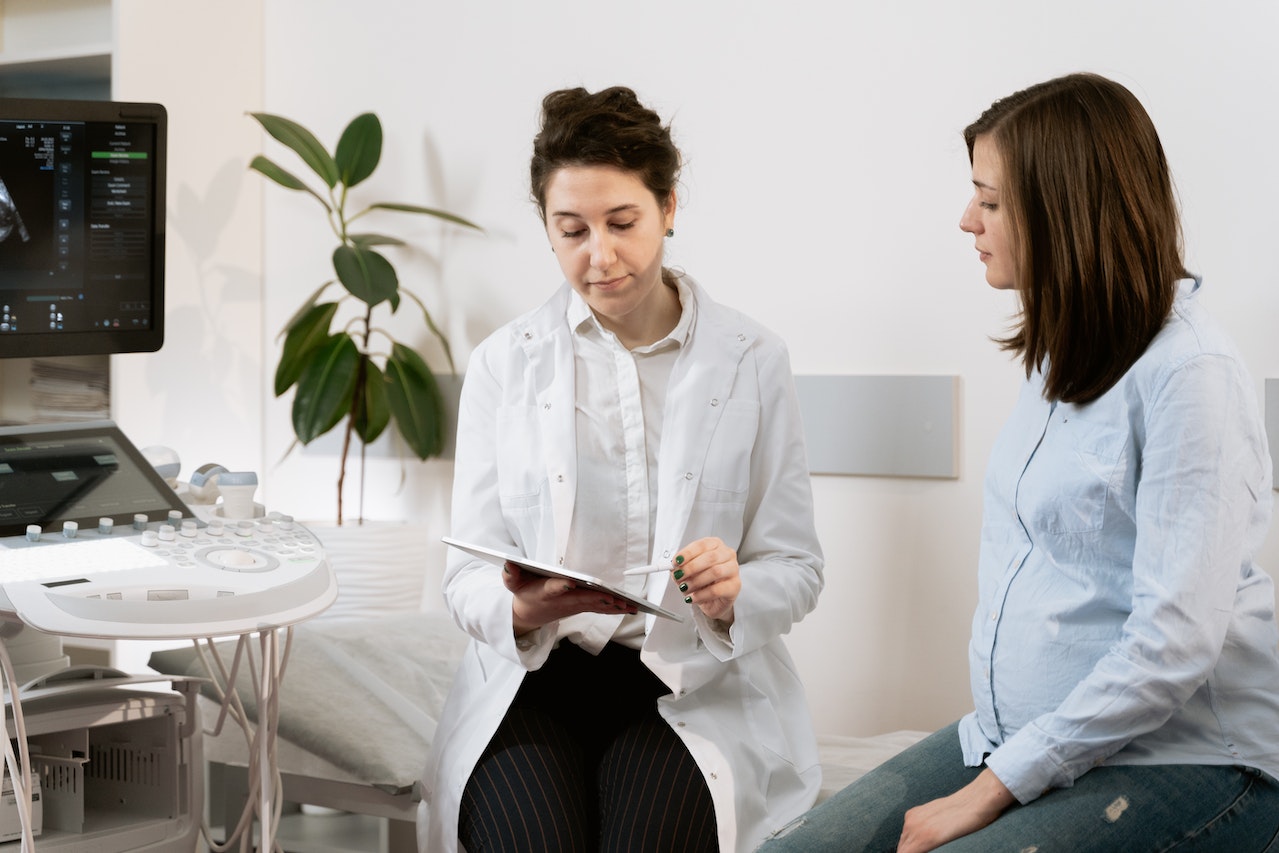
How to Choose Your Maternity Ward
How to Choose Your Maternity Ward
Summary
Classification of maternity hospitals by level
Questions to ask the maternity hospital
Booking a maternity hospital
The choice of the maternity hospital is usually made during the first months of pregnancy. It depends on your gynecologist-obstetrician, the nature of the pregnancy (single or multiple), the risk of the pregnancy (if there is an associated pathology or not), the proximity to the home, the cost, and the services offered.
The classification of maternity hospitals by level

Maternity hospitals are classified by level according to their capacity to deal with the various problems that may arise during pregnancy.
The choice of maternity level depends on the risk level of the pregnancy, which is assessed by the obstetrician-gynecologist. Suppose a normal pregnancy can be followed in levels 1, 2, or 3. In that case, a high-risk pregnancy can be observed in a level 2 or 3 maternity unit and a very high-risk pregnancy only in level 3 units.
Level 1 maternity unit
Level 1 maternity units can care for normal, non-pathological pregnancies. There is no pediatric service within the facility, but primary care is provided for the first days of a newborn’s life.
These facilities are in close contact with higher-level maternity hospitals, and in case of problems or complications, a transfer to one of these centres is assured.
Level 2 maternity hospitals
Level 2 maternity hospitals have a neonatal pediatrics service within their facilities. They can provide care for high-risk pregnancies. If necessary, a transfer to a level 3 establishment will be ensured.
Level 3 maternity hospitals
Level 3 maternity hospitals can take care of high-risk pregnancies that may give birth to newborns requiring heavy and vital care. They have an intensive care or neonatal resuscitation unit within their walls.
Questions to ask the maternity hospital
If you are not sure which maternity hospital to choose, here are some questions to help you make your choice:
Is there a pediatrician on duty at all times (nights, holidays, Sundays, etc.)?
Is there an intensive care unit nearby?

Is there a permanent anesthesiologist present, whether for an epidural or an emergency anesthesia for a cesarean section?
Is it possible to have a single room?
Is there a nursery to leave the child at night?

Does social security fully cover the stay? If not, what is the cost of each service?
Pregnant women whose home is more than 45 minutes away from a gynecology-obstetrics unit can have access to temporary non-medical accommodation, in principle, for five consecutive nights before the expected delivery date. This service is usually reimbursed by health insurance.
Finally, do not hesitate to visit the maternity hospital before making your choice! And contact your mutual insurance company to find out which services it will cover.
Booking a maternity hospital

Some maternity hospitals are top-rated, especially those of levels 2 and 3, and some institutions are known for the quality of their service. Waiting lists are not uncommon. If you want to give birth there, contact them as soon as you have a positive pregnancy test for a pre-registration! The final registration will be made at the time of the declaration of pregnancy.
Call them and ask how the registration process works.
Good to know: have you thought about the birth centre? This is an autonomous structure that, under the exclusive responsibility of midwives, welcomes pregnant women in a personalized approach to pregnancy monitoring until their delivery. It offers women with no known risk factors a physiological, less medicalized delivery while being adjacent to a health care facility, which guarantees more excellent safety in case of complications. Birthing centers do not care for women with multiple pregnancies or scarred uteruses. Similarly, they do not handle obstetrical emergencies.
You May Also Like

How To Buy Safe Toys For Your Kids?
2022-07-21
How to Diversify Your Baby’s Diet
2022-12-22


One Comment
Pingback: